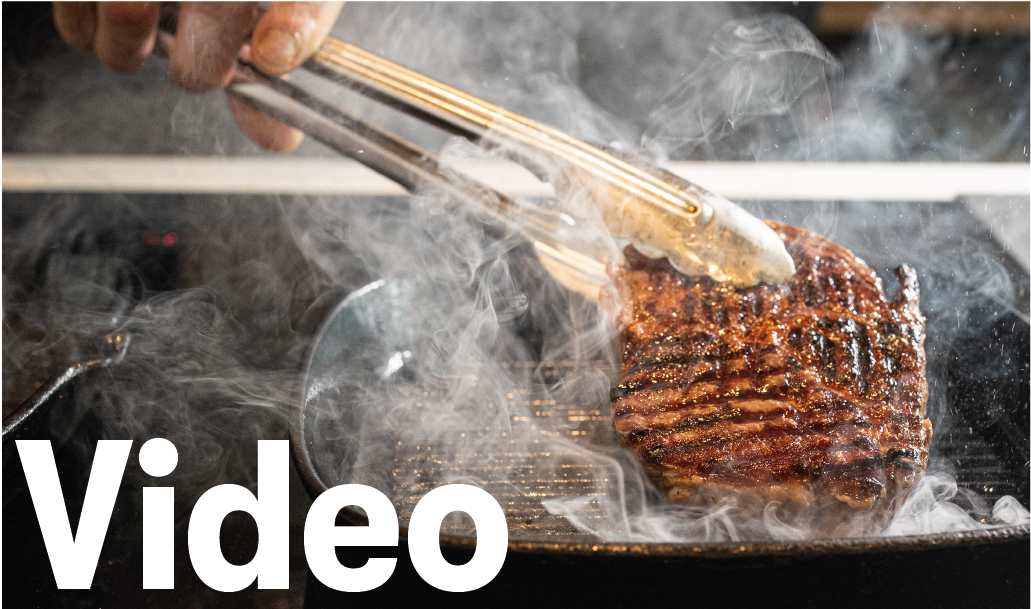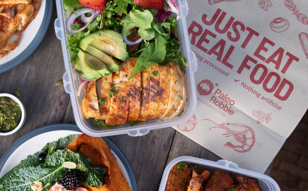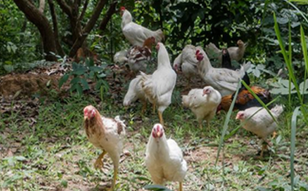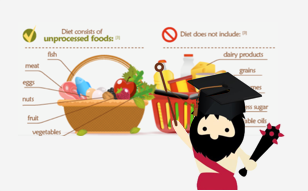
This month we are focusing on how to minimize toxic intake from foods, and there's no better place to start than the oils we use for cooking. Below I've written a short guide on how to use different oils and fats for cooking and why we should avoid refined oils.
The type of oil or fat we choose for cooking not only impacts the flavour of our food, but also our health. The wrong cooking oil consumed repeatedly over time leads to a large amount of unhealthy toxins and free radicals to enter and form in our bodies.
In this email I'm going to breakdown:
- ‣ The difference between refined and unrefined cooking oils
- ‣ 5 fats to cook your foods with, that contain zero toxins
Refined and unrefined cooking oil explained
If you see the term refined on any of your cooking oils it means it has been refined, bleached and deodorised (RBD) to increase the oil's smoking point. Smoking point is how much heat an oil can withstand before it breaks apart.
Toxic chemicals are used to extract the fat. To refine cooking oil the chemical hexane is used which has been classed as an air pollutant by the Environmental Protection Agency (1) and as a neurotoxin by the Centers for Disease Control and Prevention (CDC)(2).
If you'd like to learn more about how refined oils made their way into our diets, we attached an in-depth article in the footer.
On the other hand, unrefined oils and fats are have nothing added to them and are mechanically processed (or cold pressed) - they are just real food and it's what we recommend to cook all your food with.
Here are 5 unrefined oils and fats to cook with - with some off at 25% off at the Primal Grocery this week.
1. Grass-fed butter
Grass-fed butter is butter made from pasture-raised diary cows. It has the lowest smoking point of all fats listed which doesn't make it ideal for cooking meat or fish at high temperatures. It is perfect to use on top of meat and fish when oven cooking, in stews or slow cooked meats at lower temperatures.
Butter makes everything taste better (well I think so anyway), and a tablespoon on top of your meat or fish really brings out the flavours and is convenient way to consume healthy fats.
- ‣ Smoking point : 176c
- ‣ Best for: cooking foods at lower temperatures such as eggs, veggies and to place on top of meats to add flavour
2. Duck fat
Our Duck fat is free-range, antibiotic and growth hormone free. Duck fat was originally used in Europe to make french fries before refined oils made their way onto shelves. Like butter, duck fat makes everything taste better, we use it regularly at our Meal Plan to cook potatoes, veggies and pan searing meats.
Our duck fat can be used from a solid, soft or liquid state, and is the only fat that you can safely reuse.
- ‣ Smoking point : 190c
- ‣ Best for: add flavour to foods and veggies. Can be used to cook chicken and fish
3. Unrefined coconut cooking oil
Coconut cooking oil has the highest saturated fat content of all oils listed and contains medium chain triglyceride (MCT) which aids with brain function. Coconut oil is best used for cooking at lower heats as it has a lower smoking point than most other options, and perfect for deep or shallow frying.
- ‣ Smoking point : 177c
- ‣ Best for: deep and shallow frying
4. Pasture-fed ghee
Pasture-fed ghee is clarified butter, low in lactose and almost entire saturated fat. Pasture-fed ghee has a slightly milk taste and perfect to sautee veggies, brown meat or for cooking and larger cuts of meat.
- ‣ Smoking point : 252c
- ‣ Best for: use when cooking meats and fish for long periods of time.
5. Lard
Most think of lard as something greasy and extremely unhealthy, that could not be further from the truth. Lard is a staple in french cooking and unlike many oils, it doesn't leave your food feeling soggy or moist and is 50% monounsaturated fats.
- ‣ Smoking point : 185c
‣ Best for: use to avoid your food having that moist or soggy texture.
All 5 are made from real food with nothing else added. Check out our grocery for more healthy fats!







 Latest
Latest Newsletters
Newsletters Learn
Learn Recipes
Recipes Video
Video


